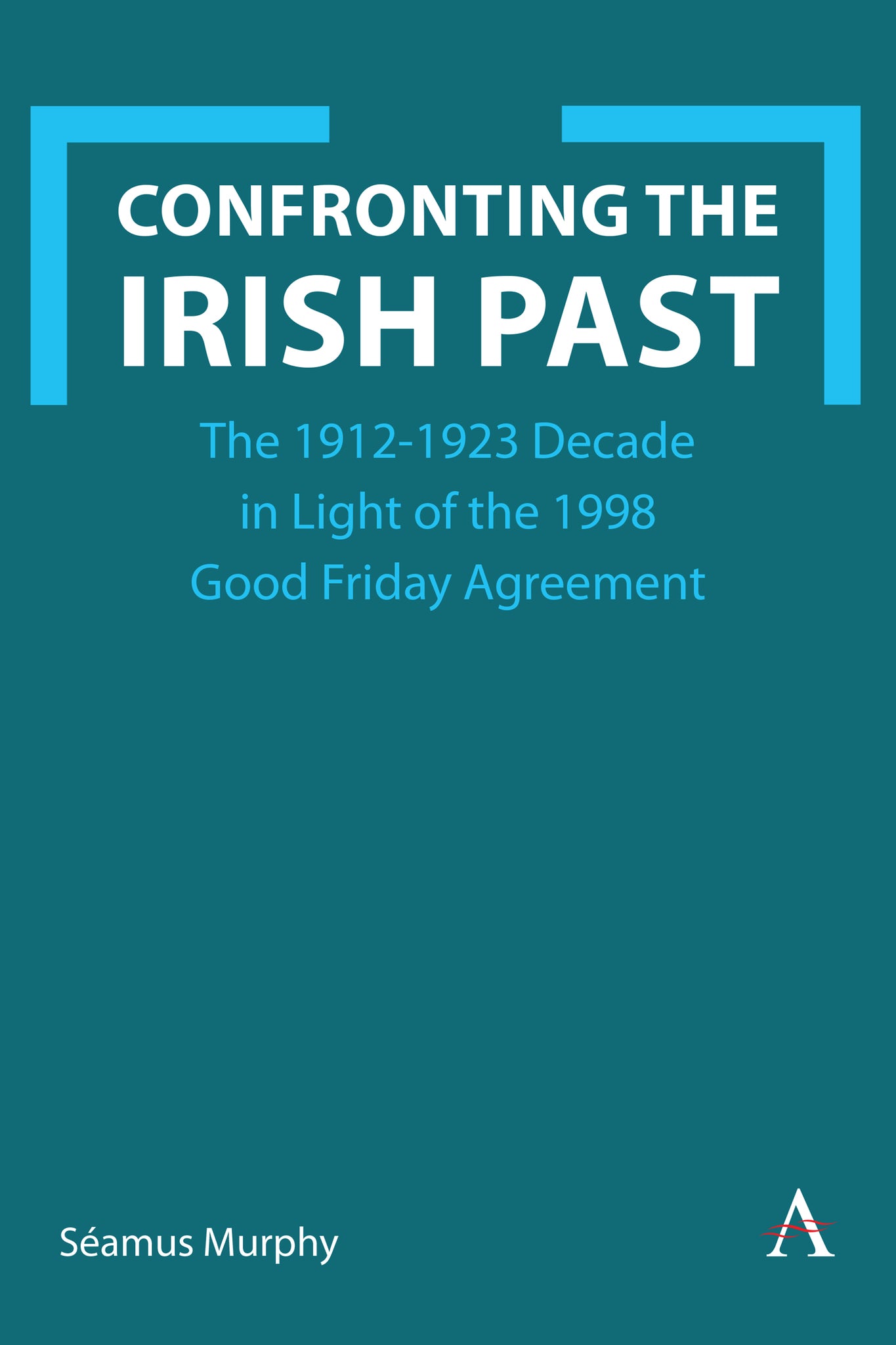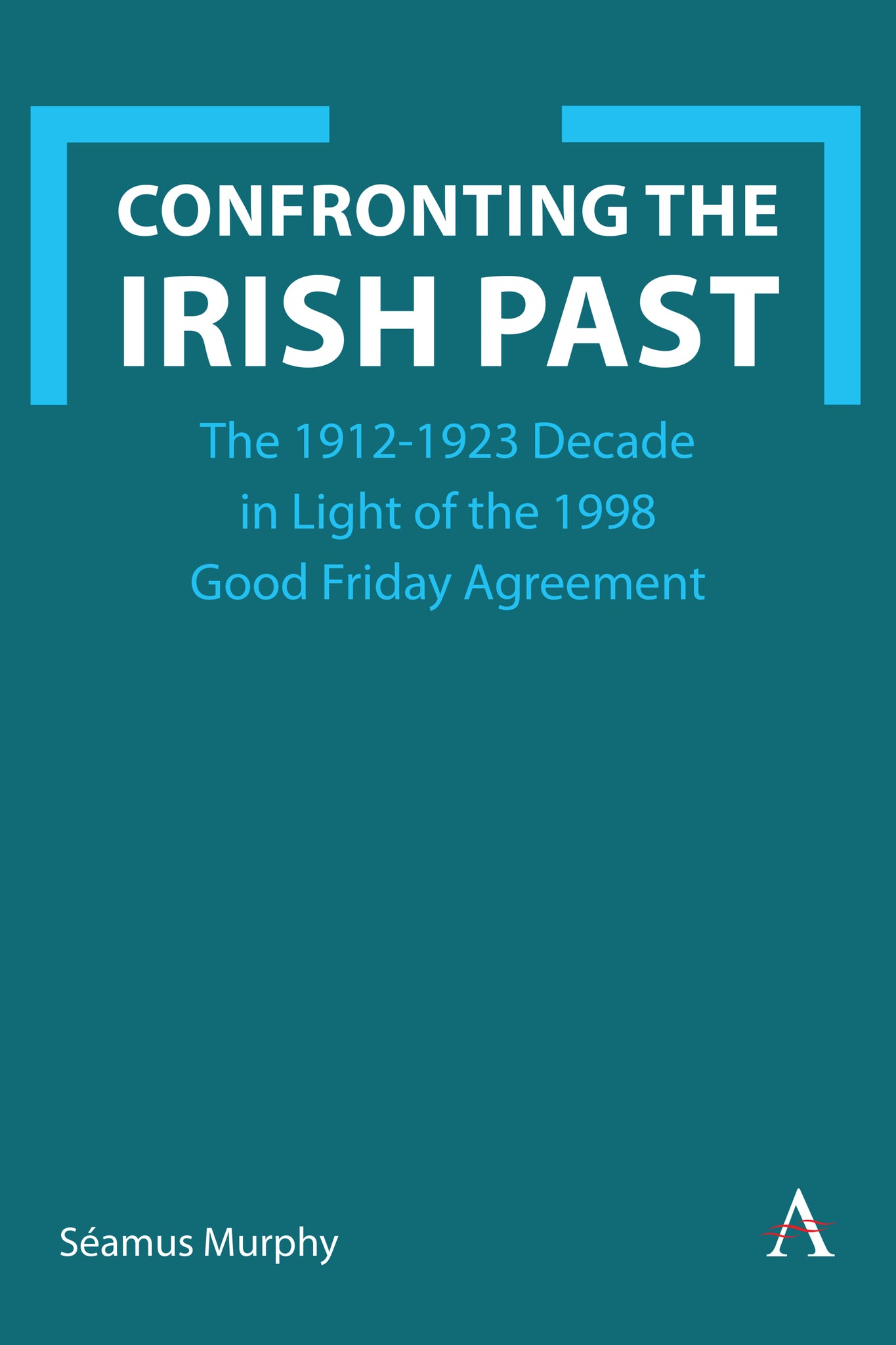We're sorry. An error has occurred
Please cancel or retry.
Confronting the Irish Past

Some error occured while loading the Quick View. Please close the Quick View and try reloading the page.
Couldn't load pickup availability
- Format:
-
10 September 2024

The 1998 Belfast (Good Friday) Agreement established power-sharing arrangements between the two divided communities in Northern Ireland. The Agreement is not set in stone but is rather a hopeful yet uncertain project. Making it put down deep cultural roots requires some confrontation with and transformation of the history, and the socially constructed memories, of Ireland’s decisive decade 1912–1923, which was violent and divisive.

PHILOSOPHY / Ethics & Moral Philosophy, Social and political philosophy, PHILOSOPHY / Movements / Analytic, PHILOSOPHY / Political, Ethics and moral philosophy, Philosophy: epistemology and theory of knowledge

‘Written in an unfussy and accessible style, Confronting the Irish Past is intellectually serious and conceptually ambitious. The author’s erudite reflections on the uses (and abuses) of the past and on the ethics of commemoration will interest, provoke, and challenge readers in equal measure.’ — Dr Brian Hughes, University of Limerick, Ireland
Acknowledgements; Chronology; Abbreviations and other Names; 1. Introduction; 2. Historians: Objectivity and Value; 3. L’homme Armé: Three Civil Conflicts; 4. Policy and Governance; 5. The Ethics of Social Memory; 6. Identity, Recognition, Politics; References; Index



